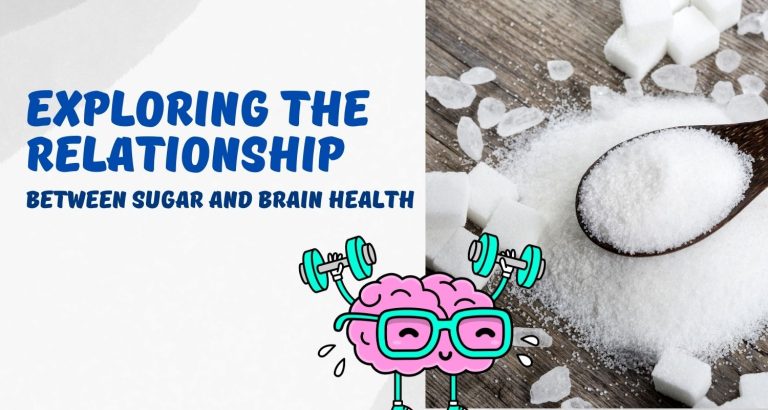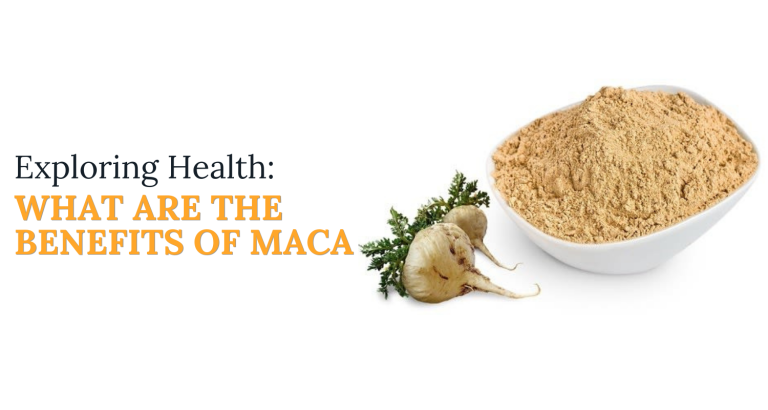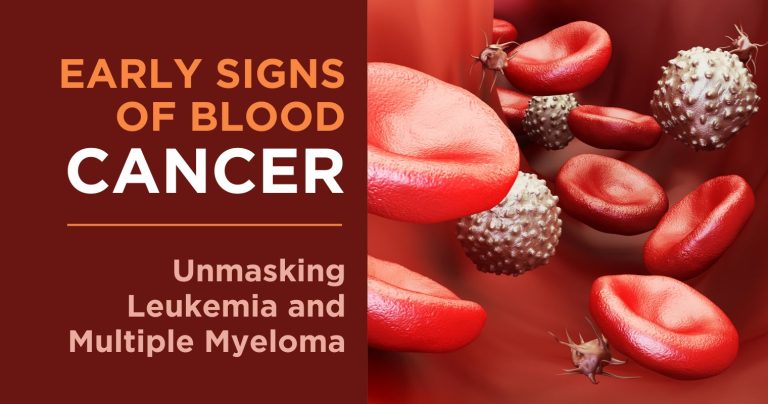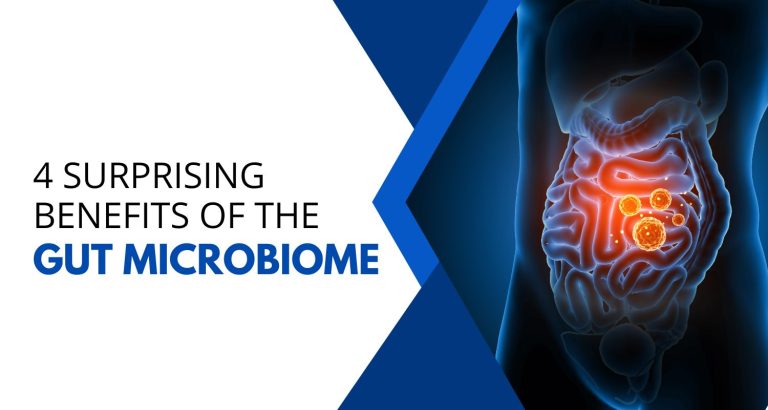Exploring the Science Behind Dr. Jin W. Sung’s 3-Day Water Fasting
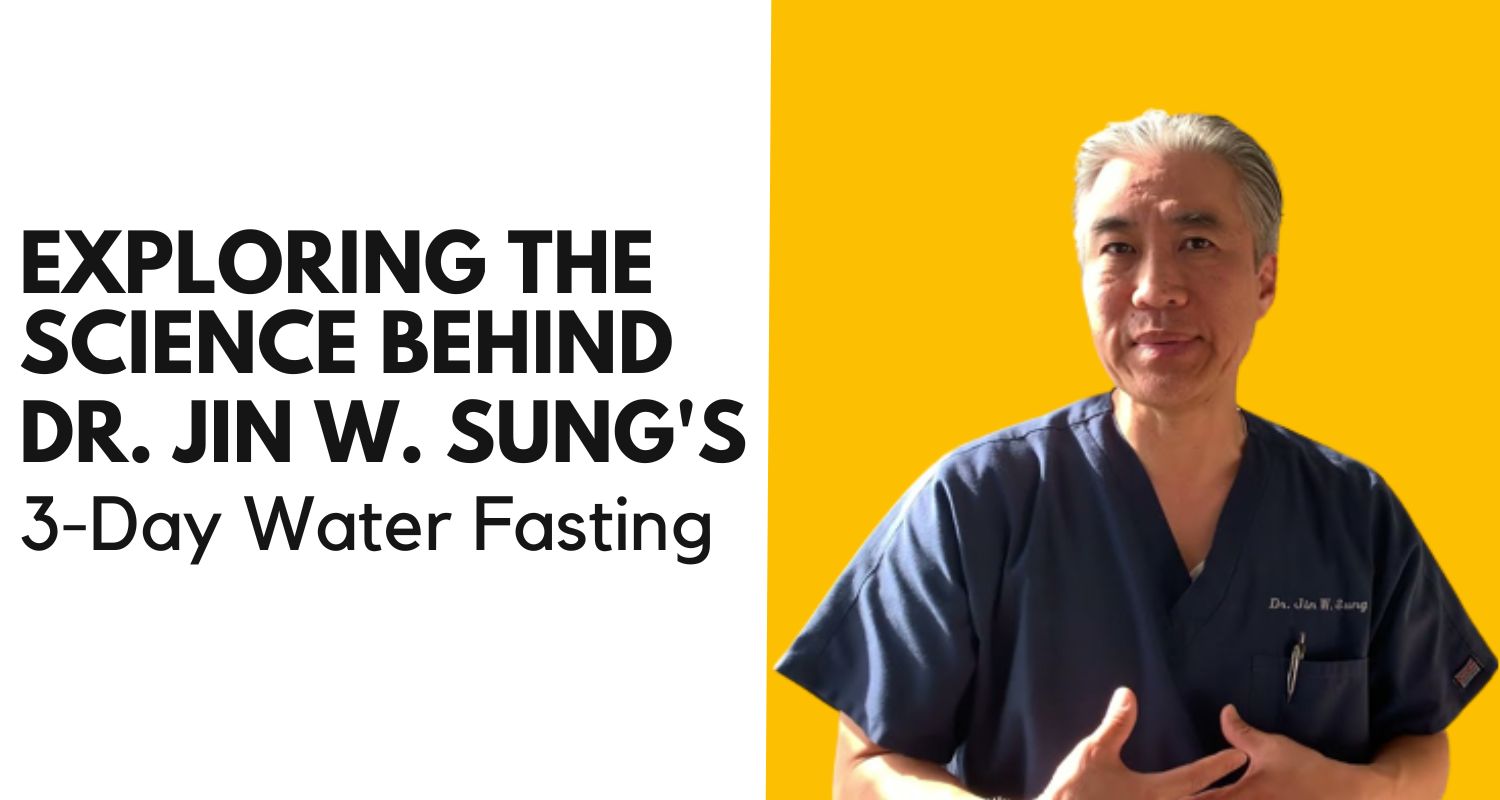
Fasting has been a part of human culture and health practices for millennia, used for medical, spiritual, and ethical reasons. Water fasting has grown in popularity in recent years, particularly the 3-day fast, often touted for its weight loss and health benefits.
Dr. Jin W. Sung, a seasoned chiropractor and a Fellow in Functional Neurology, advocates for integrating such holistic practices to promote optimal health.
Here, we explore the science behind a 3-day fast weight loss and its potential benefits, drawing upon the expertise of Dr. Sung.
Why Water Fasting?
Water fasting is a type of fast that involves consuming water exclusively for a set period. Unlike juice cleanses or intermittent fasting, a water fast requires abstinence from all food and drink except water.
This ancient practice, often part of detoxification and spiritual rituals, is now backed by modern science and recommended by healthcare professionals like Dr. Jin W. Sung for its various health benefits.
Dr. Jin W. Sung, ‘The 3-Day Water Fast for Cellular Clean-Up.’
A 3-day fast involves three full days (72 hours) of drinking only water. Experts like Dr. Sung consider this brief yet potent fast as a rest period for the body, allowing it to initiate processes that might not occur in a fed state.
These processes can include autophagy, a cellular “clean-up” process, and ketosis, where the body shifts to burning fat for fuel. Weight loss is one of the most sought-after outcomes of a 3-day water fast. Dr. Jin W. Sung explains that when you fast, your body turns to stored glucose as its primary energy source.
Once these stores are used up, the body converts fat into energy, reducing body fat. While some of the weight lost during a fast can be water weight, the process of ketosis starts to kick in after a couple of days, which aids in fat loss.
Benefits of Water Fasting
Water fasting, a practice dating back centuries, has gained increasing attention in contemporary times for its potential health benefits. This age-old method involves abstaining from all caloric intake for a specified period while staying hydrated with water.
This can provide multiple health benefits, some of which are :
1. Promotes Autophagy
Dr. Sung highlights autophagy as one of the key water fasting benefits. This natural process involves the breakdown and removal of dysfunctional cellular components. It’s the body’s way of cleaning the house. Recent 2010 research suggests that autophagy may help prevent diseases such as cancer and Alzheimer’s by removing damaged cellular material. [1]
2. Improves Metabolic Health
Water fasting can improve insulin sensitivity, as noted by Dr. Jin W. Sung. When the body stops receiving a constant supply of glucose from food, cells become more responsive to insulin. This can be particularly beneficial for individuals struggling with pre-diabetes or metabolic syndrome.
3. Enhances Brain Function
Dr. Sung is particularly interested in the neurological effects of fasting. Research indicates that fasting can lead to the release of brain-derived neurotrophic factor (BDNF). This protein supports the survival of existing neurons and encourages the growth of new neurons and synapses. This could lead to improved cognitive functions and a lower risk of neurodegenerative diseases. [2]
4. Reduces Inflammation
Chronic inflammation is linked to numerous health conditions, from arthritis to heart disease. Dr. Jin W. Sung emphasizes that fasting has been shown to decrease markers of inflammation, which could lead to improved overall health and a reduction in the symptoms of chronic diseases.
5. Detoxification
Dr. Sung points out that fasting can be a form of detoxification for the body. By giving the digestive system a break, the body can focus on eliminating toxins often stored in fat cells. When fat is broken down during the fast, these toxins can be released and processed out of the body.
6. Spiritual and Psychological Effects
Beyond the physical benefits, Dr. Jin W. Sung recognizes the psychological and spiritual impacts of fasting. Many individuals find that fasting offers clarity of mind, emotional strength, and a sense of inner peace, possibly due to the discipline and self-reflection required.
Recommendations from Dr. Jin W. Sung
While Dr. Sung acknowledges the potential benefits of a 3-day fast, he also emphasizes the importance of doing it correctly and safely.
He offers the following recommendations:
1. Consult a Healthcare Professional
Before starting a water fast, especially for those with preexisting health conditions, it’s crucial to talk with a healthcare provider like Dr. Sung.
2. Preparation
Gradually decrease food intake a few days before fasting. This can help ease the transition into the fast, making it less of a shock to the system.
3. Hydration
It’s called a water fast for a reason. Staying properly hydrated is essential. Drinking enough water is crucial to help the body’s detoxification process and maintain essential bodily functions.
4. Breaking the Fast
How you end your fast is just as important as the fast itself. Dr. Jin W. Sung advises reintroducing foods slowly, starting with easily digestible foods like broth and soft vegetables, to avoid gastrointestinal discomfort.
5. Listen to Your Body
If symptoms such as dizziness, extreme fatigue, or other concerning reactions occur, it’s important to listen to your body and consider ending the fast.
Risks and Considerations
Water fasting is not for everyone, and certain groups of people, including pregnant women, individuals with a history of eating disorders, and those with certain chronic diseases, should not attempt a water fast without medical supervision. There is also the risk of losing muscle mass if fasting is not done correctly.
Conclusion
A 3-day water fast can be a powerful tool for health and well-being, with potential benefits ranging from weight loss to improved metabolic and brain health. Dr. Jin W. Sung, with his extensive background in managing chronic conditions and his holistic approach to health, suggests that when done properly, fasting can be a safe and effective way to promote overall health.
However, it is a practice that must be approached with respect for the body’s limits and under the guidance of knowledgeable health professionals. As with any significant dietary or lifestyle change, individual circumstances and safety should always take precedence.
References
- Glick, D., Barth, S., & Macleod, K. F. (2010). Autophagy: cellular and molecular mechanisms. The Journal of Pathology, 221(1), 3-12.
- Katare, R. G., Kakinuma, Y., Arikawa, M., Yamasaki, F., & Sato, T. (2009). Chronic intermittent fasting improves survival following large myocardial ischemia by activation of the BDNF/VEGF/PI3K signaling pathway. Journal of molecular and cellular cardiology, 46(3), 405-412.

